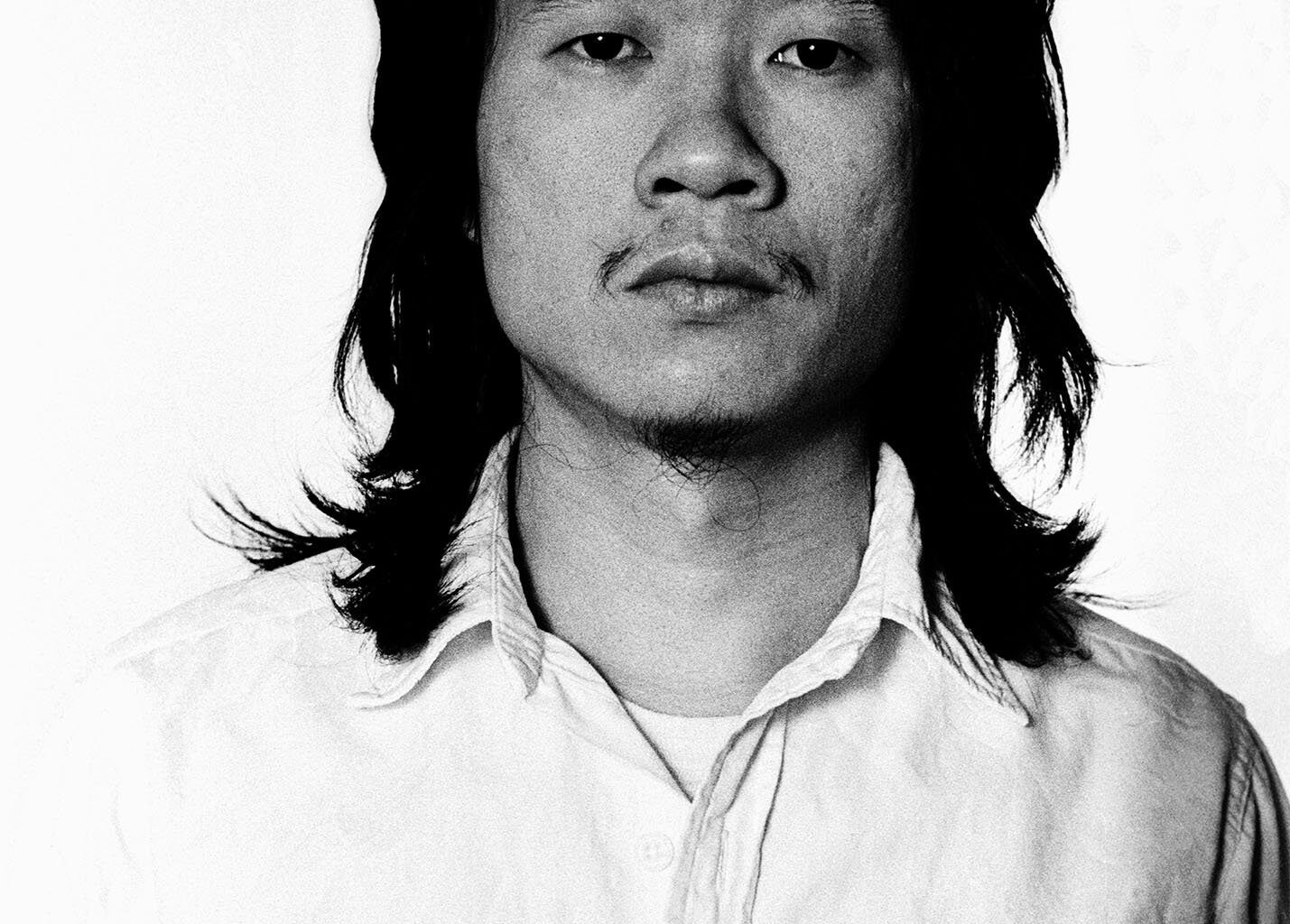But Tehching didn’t only want to draw attention to the nature of time, he wanted to dissect the way humans refer to time, the way we perceive it, understand it and frame it. The artist often describes his work with the well trodden euphemism of ‘wasting time’, playing on the idea that most people would likely view his performance as such. But, one key caveat is important for him – if one were to add financial gain into the situation, it would likely be a different story. To reiterate his point, Tehching refers back to his second One Year Performance, Time Clock Piece, which involved him punching a time clock for every hour, for a year. “When I punched sheets every hour, it’s something that you might do for your job – I just didn’t get paid to do it,” says Tehching. “But if, for example, you punch it for every hour of every day and get paid one million dollars, of course then, you’re not wasting time. You’re making money.” He continues: “Nobody wants to be ‘wasting time’, and I let that become my concept. Passing time, doing time and wasting time.”
What makes this act even more absurd, Tehching realises, is that he didn’t really have any money in the first place. He was, as he refers to himself, an “illegal”, who’d come to New York from Taiwan and saved enough money to do his first performance working odd jobs like pot washing. “I wasn’t a rich artist, I was a poor artist,” he says. “For a year I didn’t have a job! I was living and not making money. That was expensive.” While expressly avoiding wanting to make his work ‘political’ – instead leaving interpretation up to his audience – it’s hard to escape the fact that Tehching’s work can be seen as a firm denouncement of capitalism, and a clear (be it extreme) example of the fact we deem time spent as worthwhile if it has a fiscal number attached to it. Here, even think about the term, ‘time spent’.
While, as you’ve just read, interpretations can be made of Tehching’s work, there’s something to be said for how little we truly know about Tehching’s true ‘reasoning’ behind the works (if there is one), what they ‘represent’, or, how he felt when performing. He’s not interested in translating the why or the how – he’s always been vocal about not wanting to delve into his concept. Instead, he says: “I make people think, but people don’t need to know what I’m thinking.” And, quite frankly, he’s not too precious about what people might think.

